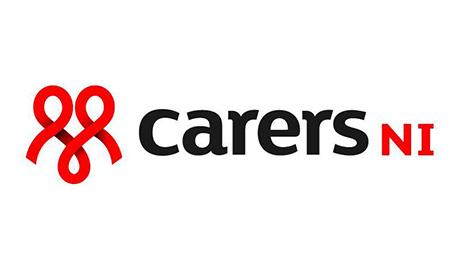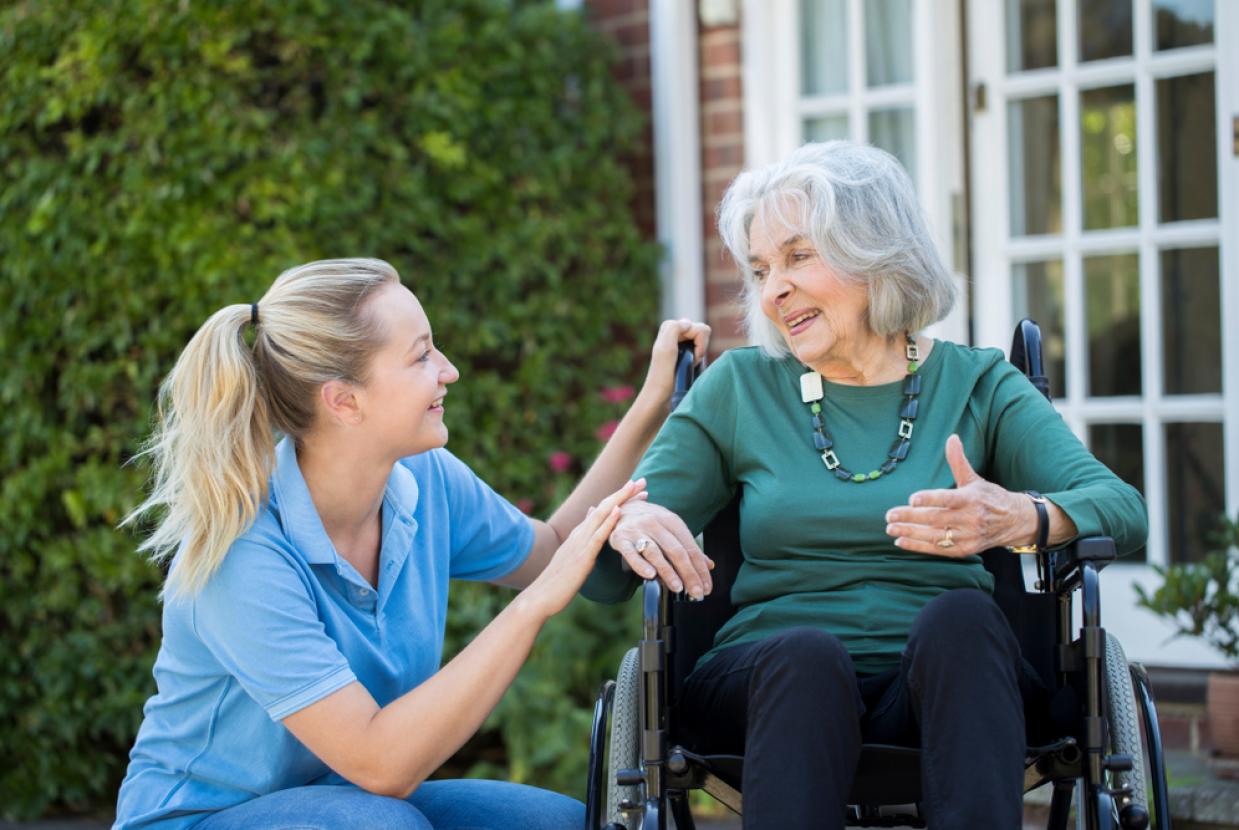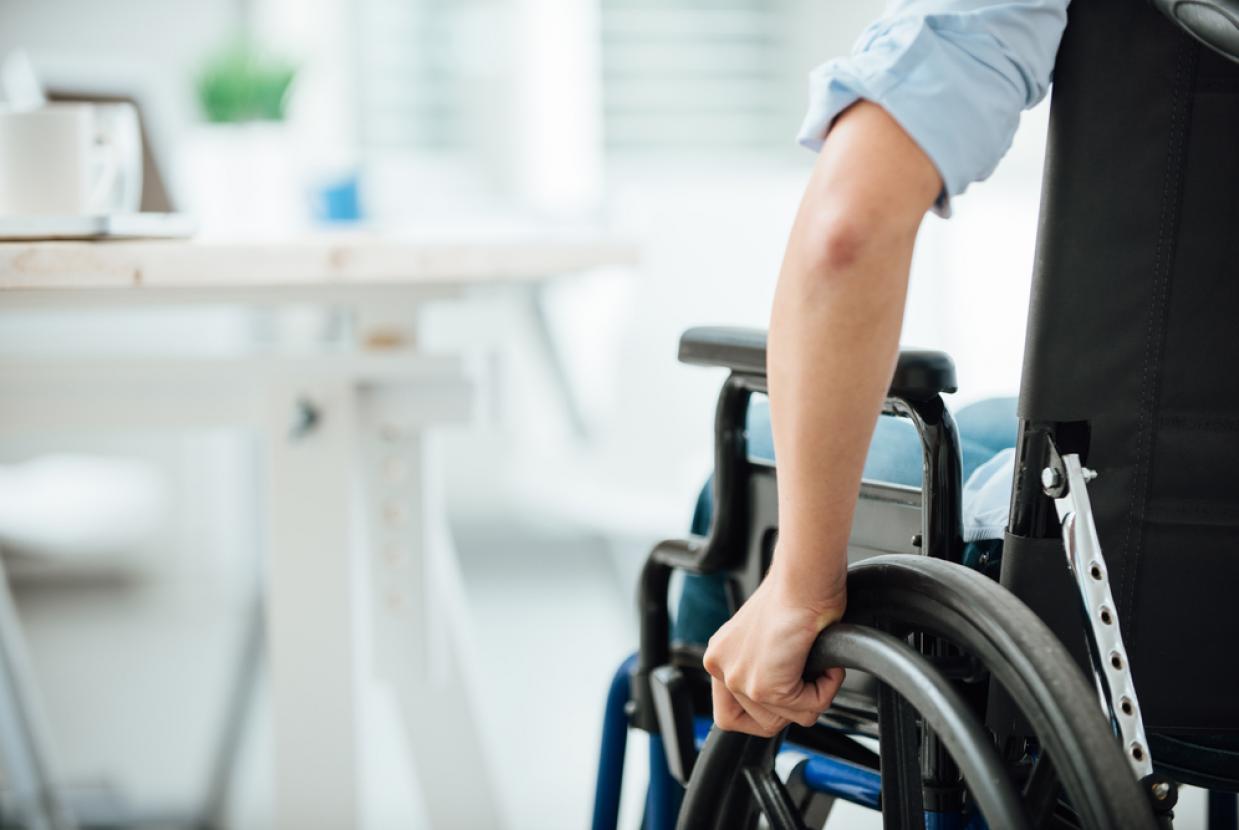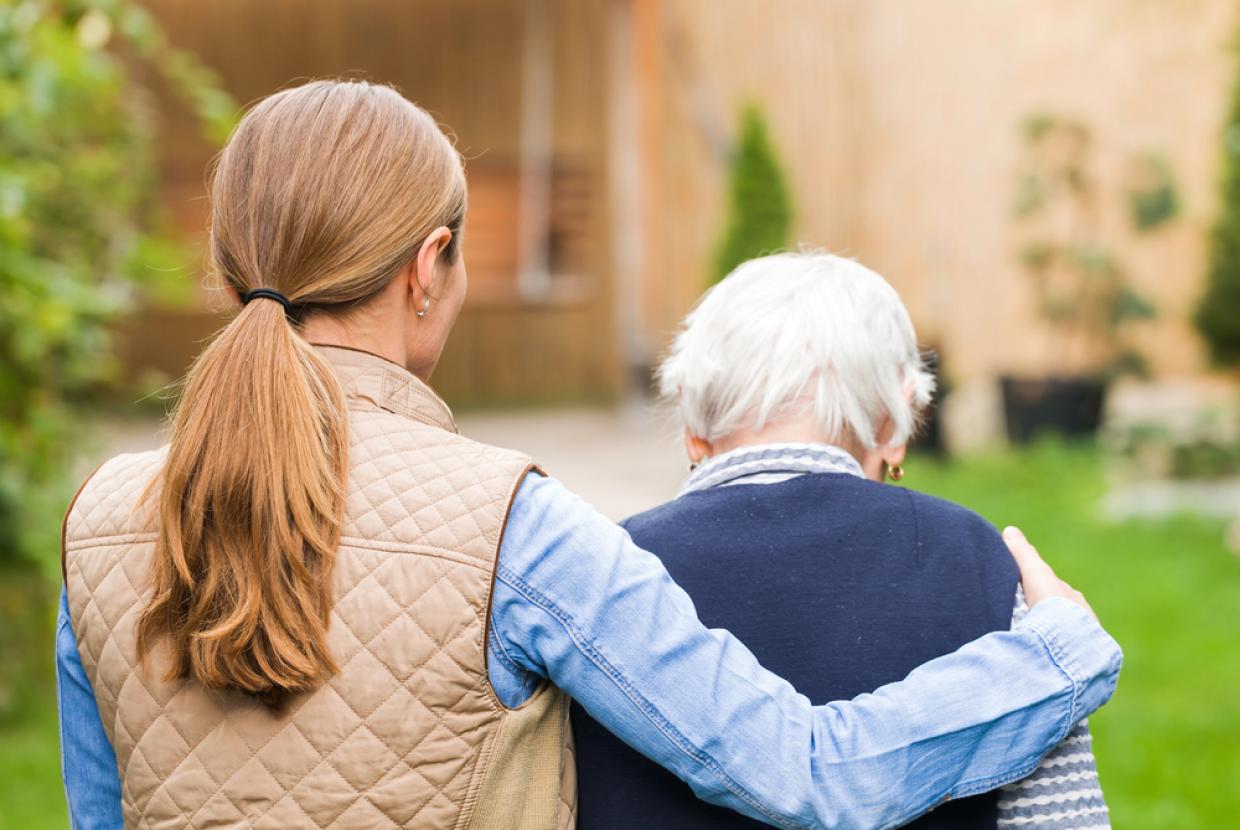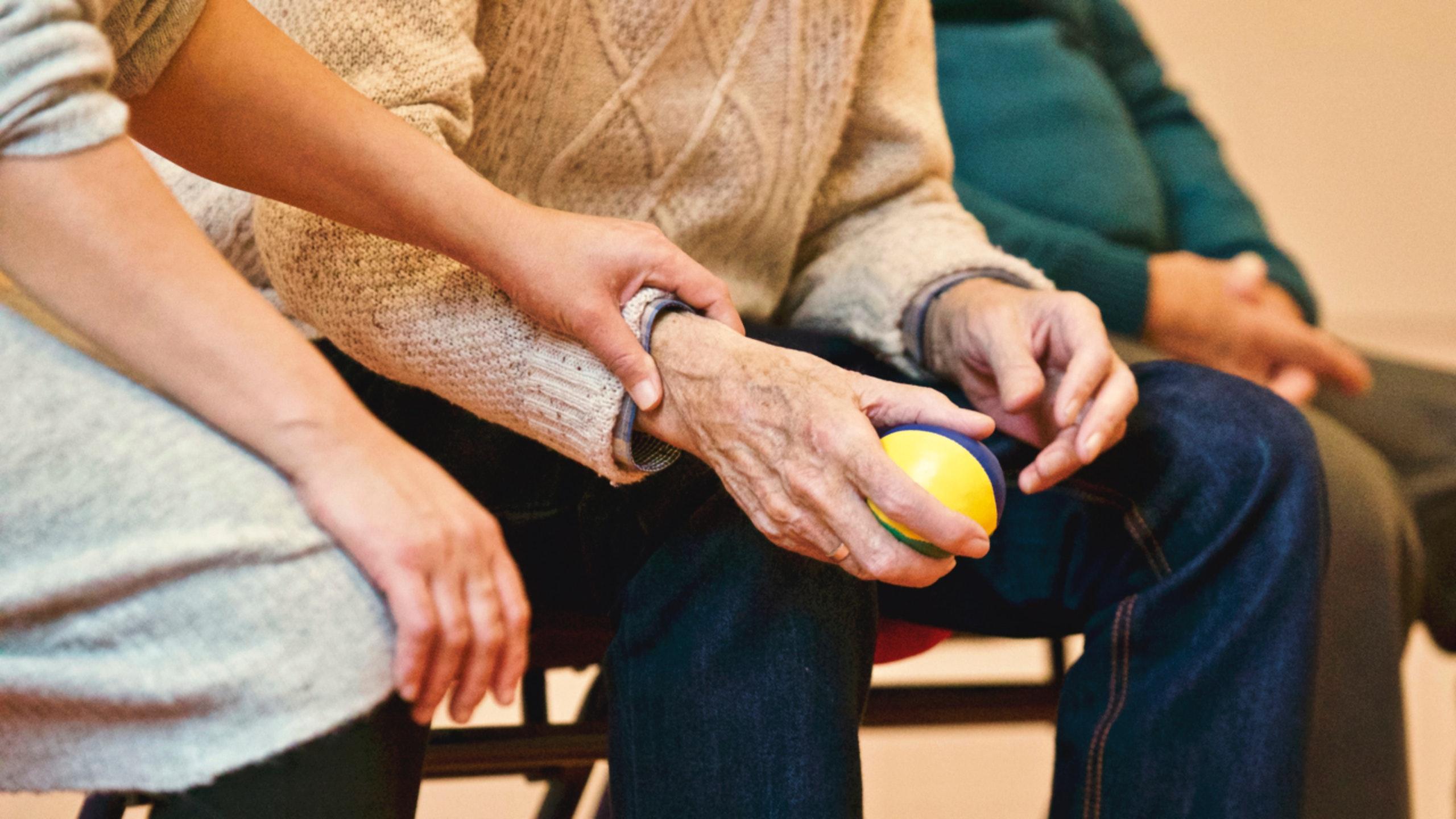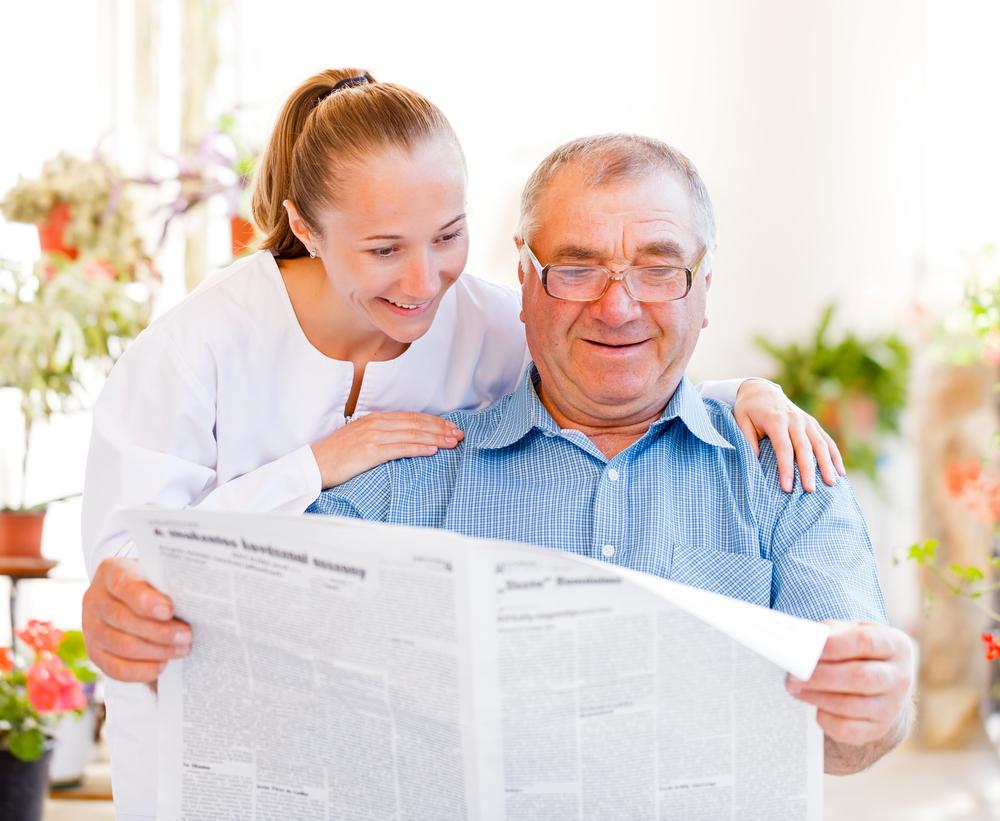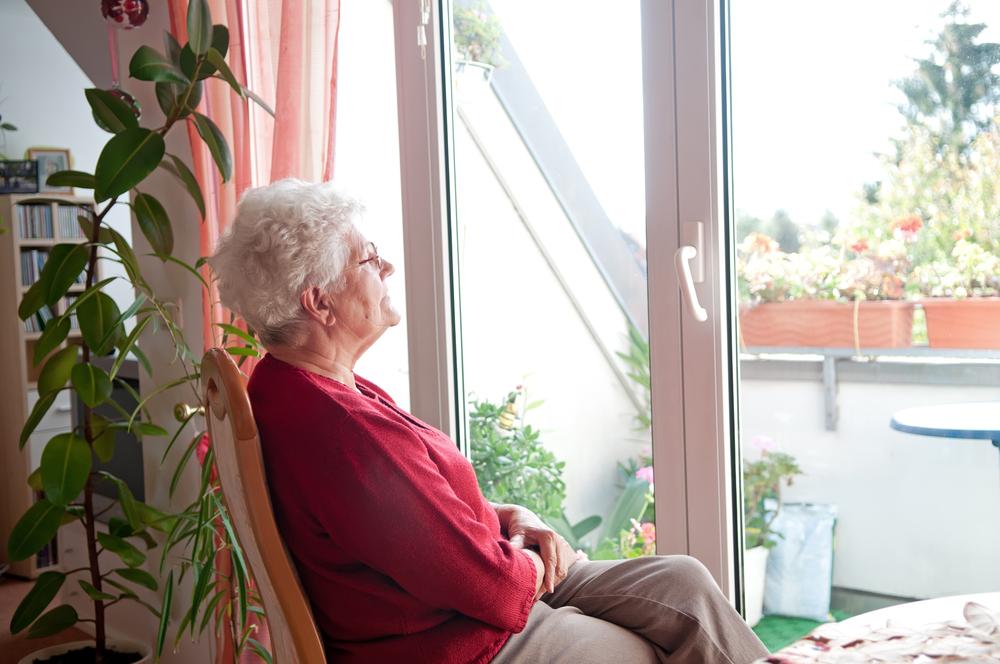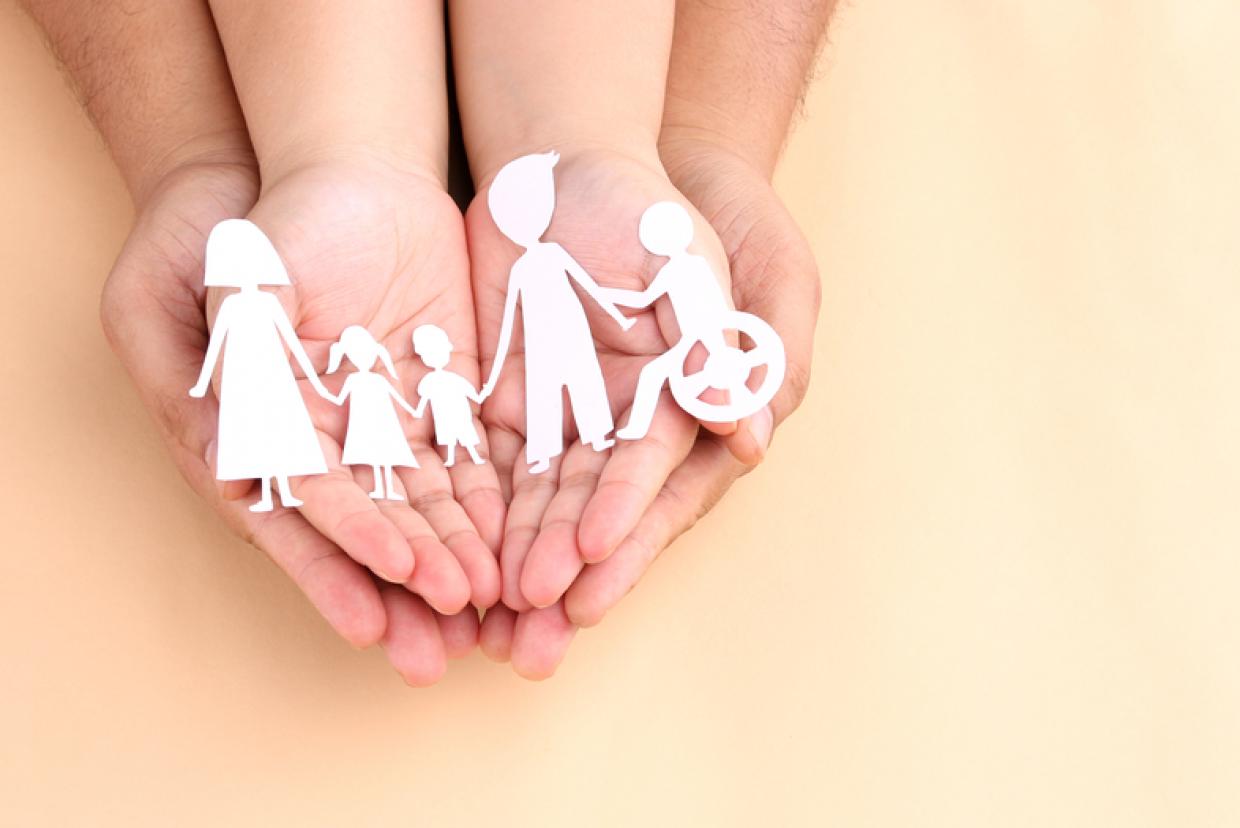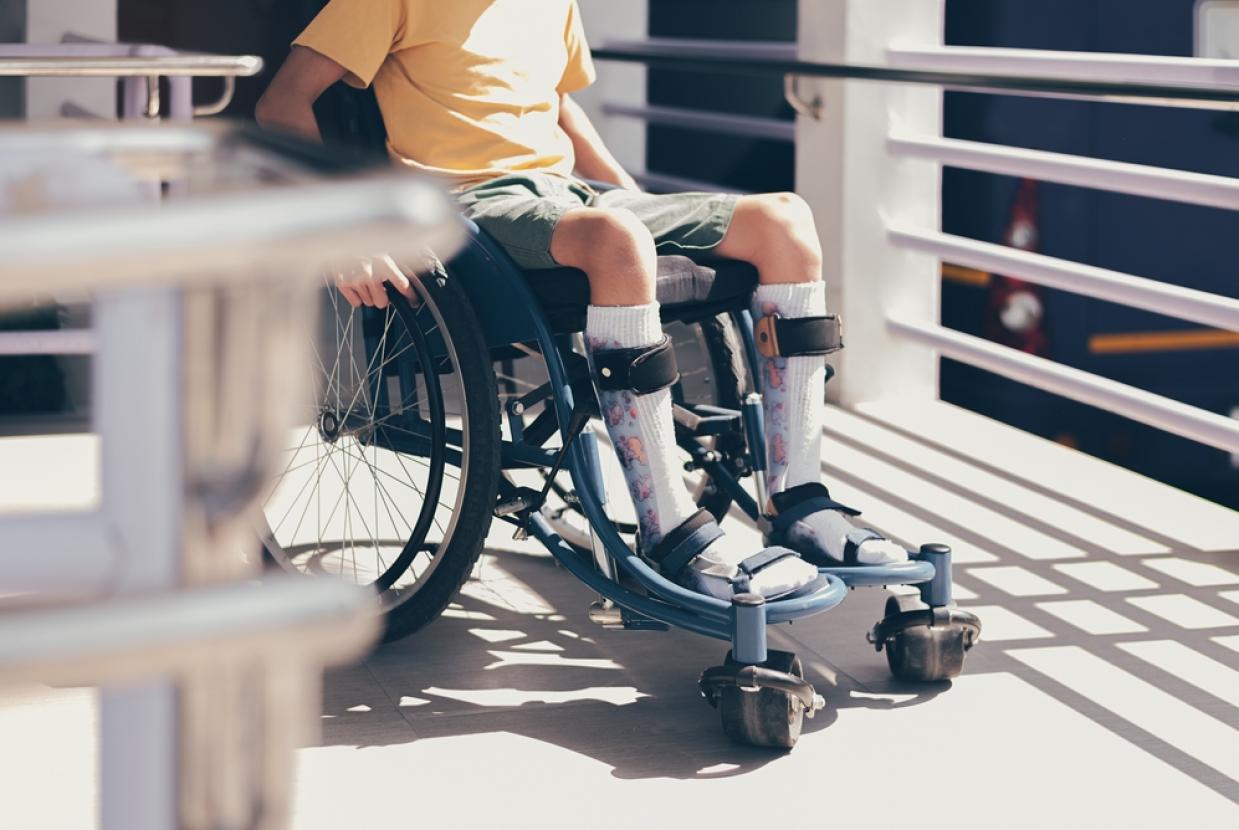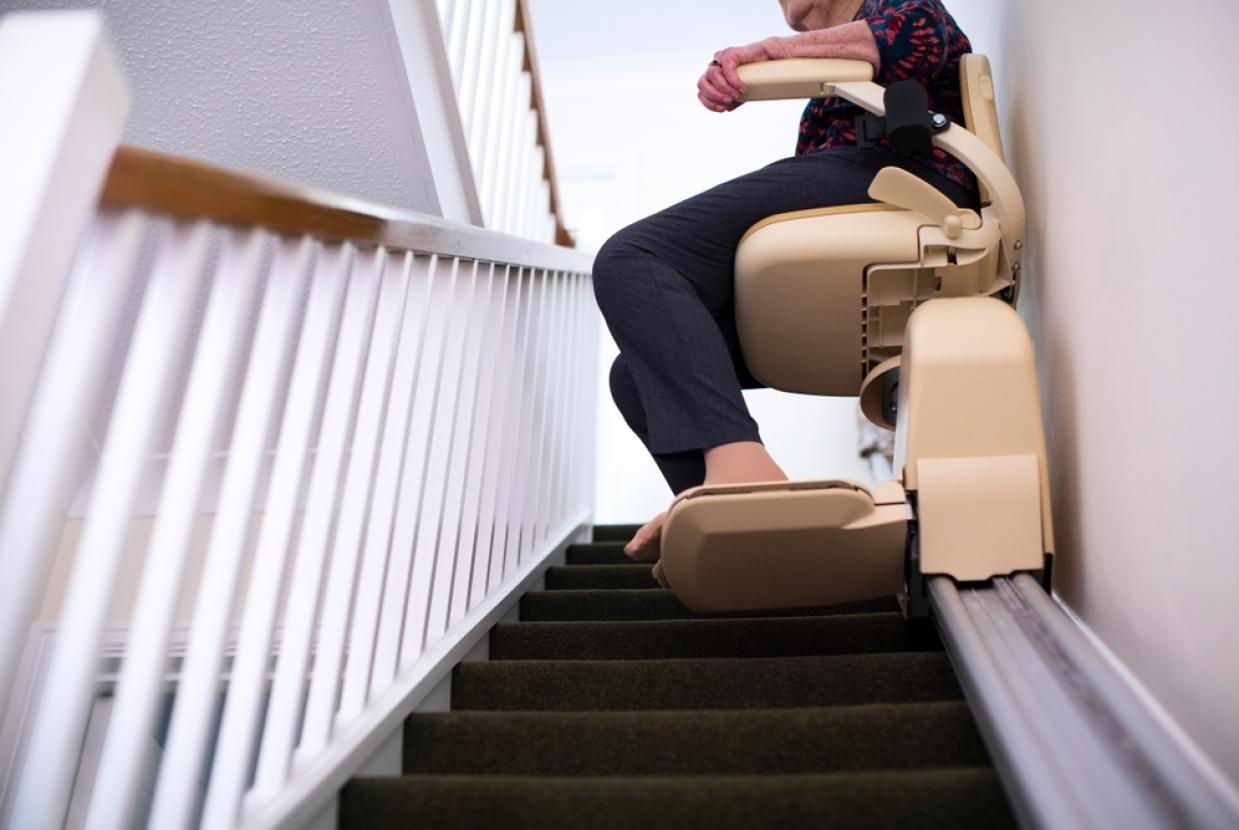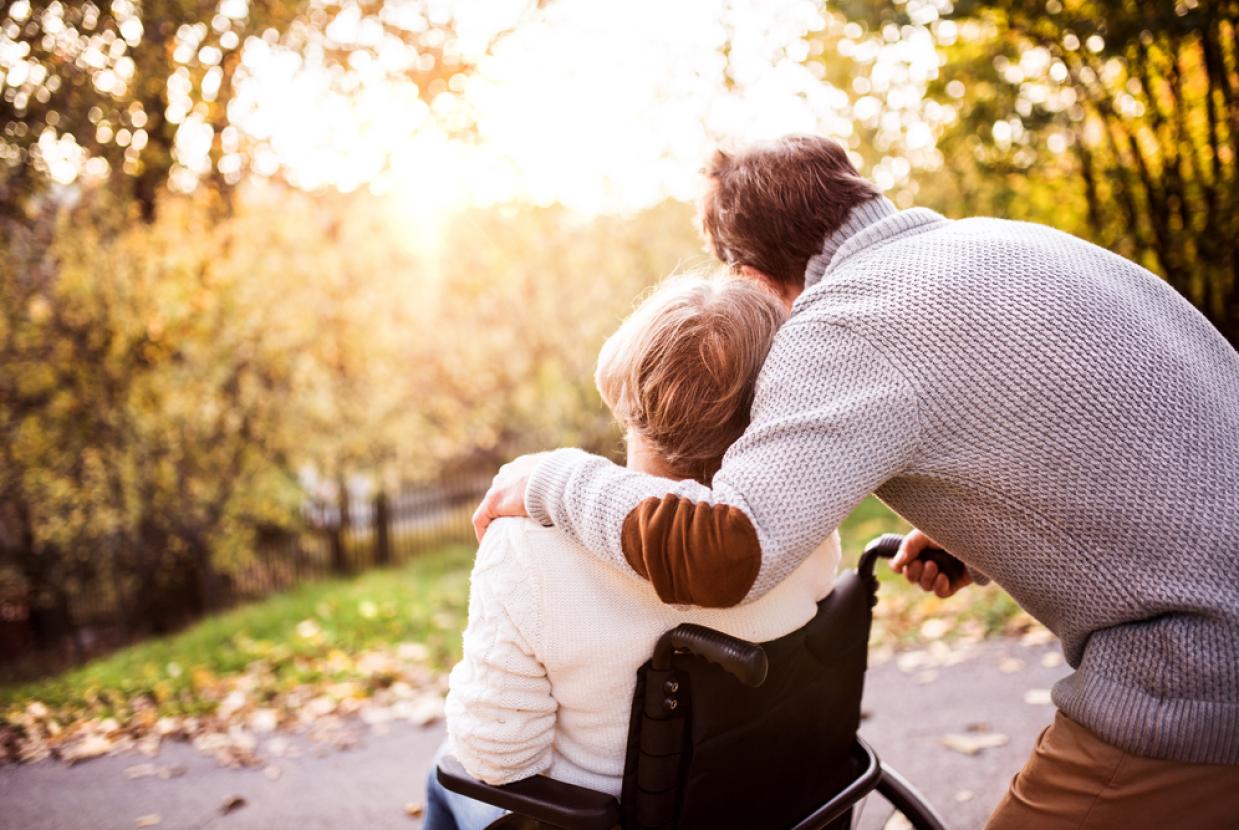Life After Caring
The end of your caring role may take some time to adjust to. Having more time to yourself may give you the opportunity for a much-needed rest, but it can also leave you feeling that you have a lot of time to fill. If you are used to always having things to do, it can be hard to stop and think about what you would like to do now.
Some people find that once they are no longer caring, exhaustion – both physical and emotional – catches up with them and they may feel unwell for a while.
Some practical matters, such as making sure you are claiming the right benefits for your situation now you are no longer caring and dealing with any changes to your housing situation (if there are any), have to be dealt with fairly quickly. However, you do not need to rush into making decisions about other aspects of your life. The following suggestions may be helpful for you if and when you feel the time is right.
Access support from other former carers
You may feel isolated after many years of caring, and you might want to see if there is any support you can get from others in a similar position. You could find out what support your local carers' organisation or local carers' group offers to former carers.
Learn something new
You may wish to refresh skills that you have not used for a while, return to hobbies or interests that you have put aside, or learn something completely new. You may have also gained new skills or interests from your caring role that you want to pursue.
We have designed a new e-learning programme called Learning for Living which provides a helpful starting point if you are wondering what skills you've gained from caring.
The introductory course encourages you to think about how these can add value in the community or workplace, and what you can do to make the most of your skills. It covers everything from communicating effectively to goal setting and includes a wide range of scenarios to suit people in different situations.
You could also contact your local library or adult education centre to find out about courses or training in your area. Taking a course can also be a great way to meet new people!
Volunteering
If you have some spare time, and feel you are ready to take on something new, you may be interested in volunteering. As well as offering much needed help to local people or organisations, volunteering can be a very social activity, and can be a good way to meet new people.
Volunteering opportunities can range from befriending older or disabled people, offering your skills to a local charity (for example, administration, fundraising, legal advice etc.), to helping out on a local conservation project.
Starting (or returning to) paid employment
If you have some spare time, and feel you are ready to take on something new, you may be interested in starting, or returning to, paid employment.
If you are not sure what you would like to do and where to begin, start by recognising the skills and interests you have. As mentioned above, our Learning for Living e-learning programme is a helpful starting point if you are feeling overwhelmed and wondering what skills you've gained from caring.
You can also think about the skills you have gained from:
- any paid work that you have done
- any volunteering work that you have done
- your role as a carer
Think about your interests including:
- what you enjoy doing
- how you would like to use your skills
- things you miss doing that you once did, eg from previous work or volunteering
You could have a look on some careers websites to try and identify the sort of job which might match your skills and interests.
The National Careers Service has a Skills Health Check which involves a set of quizzes and activities designed to help you explore your skills and interests. This might be useful to help you decide what job might be right for you.
Helping to provide support to carers
Many former carers go on to become great campaigners, championing the role of carers in society, and standing up for carers' rights. They bring their valuable experiences with them, knowing without question the many challenges that carers may face.



